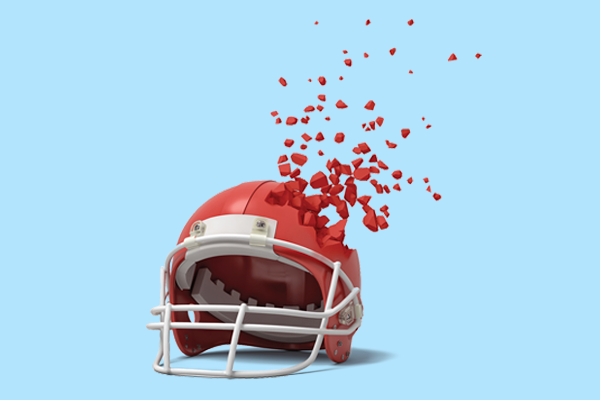EARLY IN THE 2022 NFL season, I watched as the Miami Dolphins quarterback Tua Tagovailoa suffered a second head injury in the span of five days. Although the NFL would not admit the first of those was a concussion, it was painfully clear that Tagovailoa suffered serious brain trauma.
In that moment, I felt the culmination of years’ worth of fretting over the sport I loved and its relationship to head injuries. I determined then and there on a Thursday night that I would quit the NFL. Why? The NFL is violent — and Christians are called to peace.
The league is unrepentant and unaccountable in its abuse of the brains and bodies of its players, and no amount of reform can change that. I am convicted that if I am to love my neighbors — if I am to love God — then I must resist the NFL.
Read the Full Article

